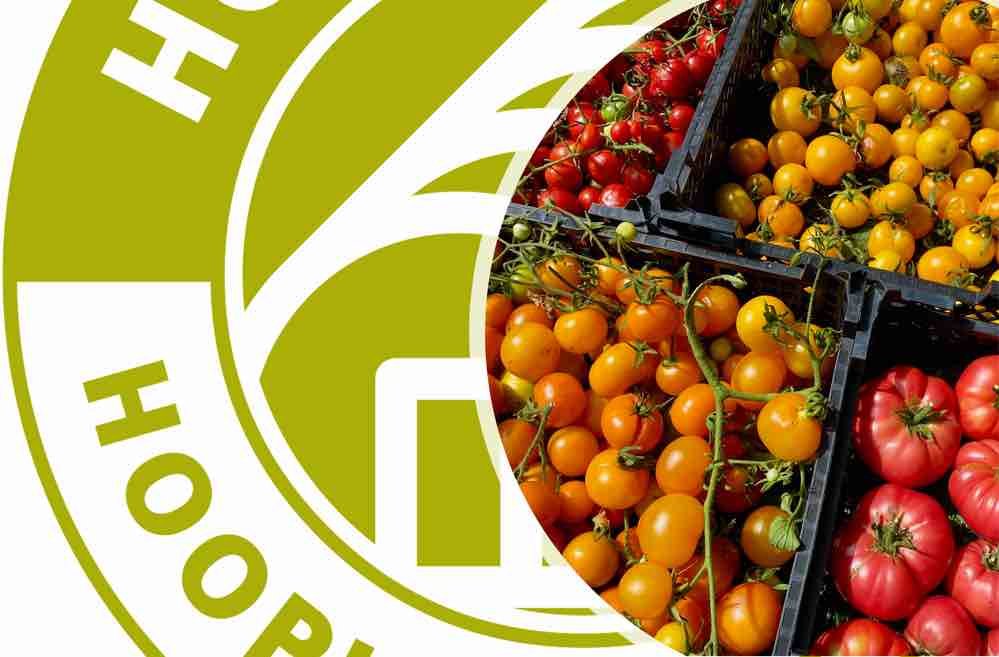
Choosing the Right Tomato Seeds in the UK - Just One Point of View
Growing tomatoes in the UK presents unique challenges—shorter summers, variable rainfall, and cooler temperatures. Selecting the right tomato variety can make the difference between a bumper harvest and a disappointing yield.

Hoop House Myths
Hoop houses, also known as high tunnels, are a valuable tool for extending growing seasons and protecting crops, but there are several myths and misconceptions about them.

What are the Different Types of Hoop House?
Hoop houses come in various types and sizes, each designed to meet different gardening or farming needs.
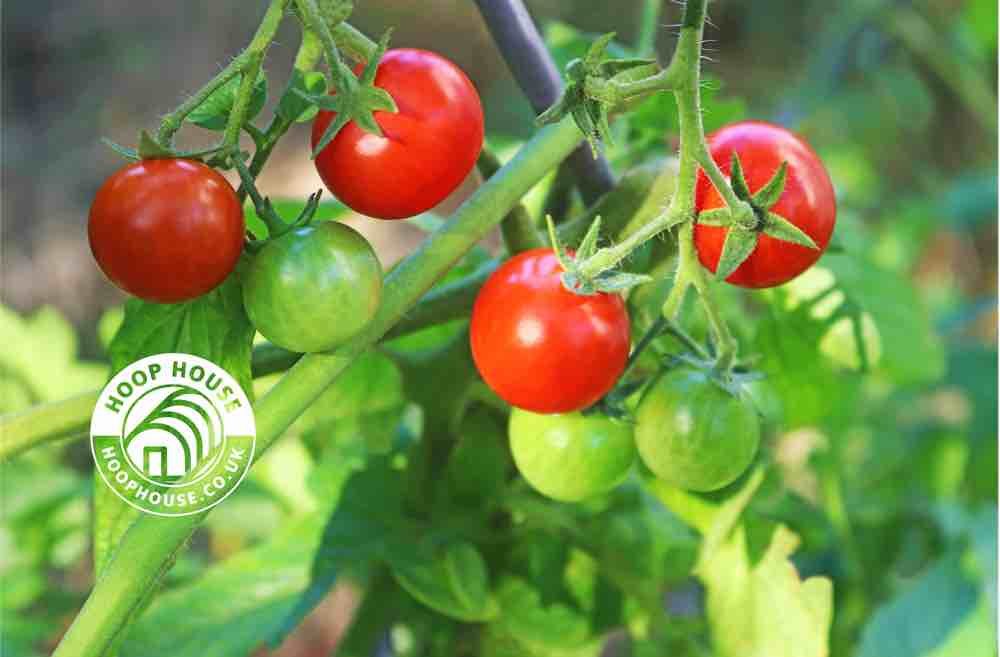
How Genetically Stable are Heirloom Tomatoes?
Heirloom / heritage tomatoes are considered generally genetically stable as long as they are grown in isolation from other varieties and allowed to pollinate within their own type. This stability supports them to produce seeds that grow true to the parent plant, making them more reliable for seed saving. Minor natural variations may occur, but overall, they are typically dependable in maintaining their unique characteristics across generations.
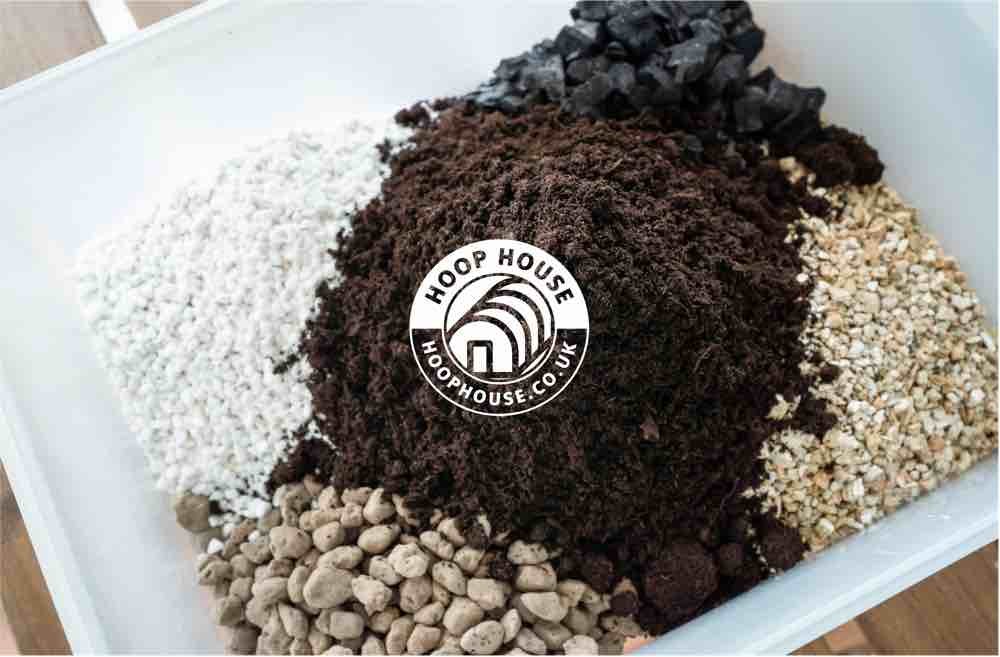
What is the Difference Between Perlite and Vermiculite?
Perlite and vermiculite are both lightweight, natural materials commonly used to improve soil aeration and drainage in gardening, but they have distinct properties and serve different purposes in plant care.

Hoop House Innovations
Hoop house innovations involve various improvements in the design, materials, and techniques used in traditional hoop houses to make them more efficient, durable,

What is an F1 Tomato?
An F1 tomato is a hybrid that combines specific desirable traits from two different parent plants, resulting in a plant with enhanced vigor, uniformity, and disease resistance. However, the seeds from an F1 hybrid cannot be saved for consistent future crops, making them a popular but less sustainable option compared to open-pollinated varieties like heirlooms / heritage.
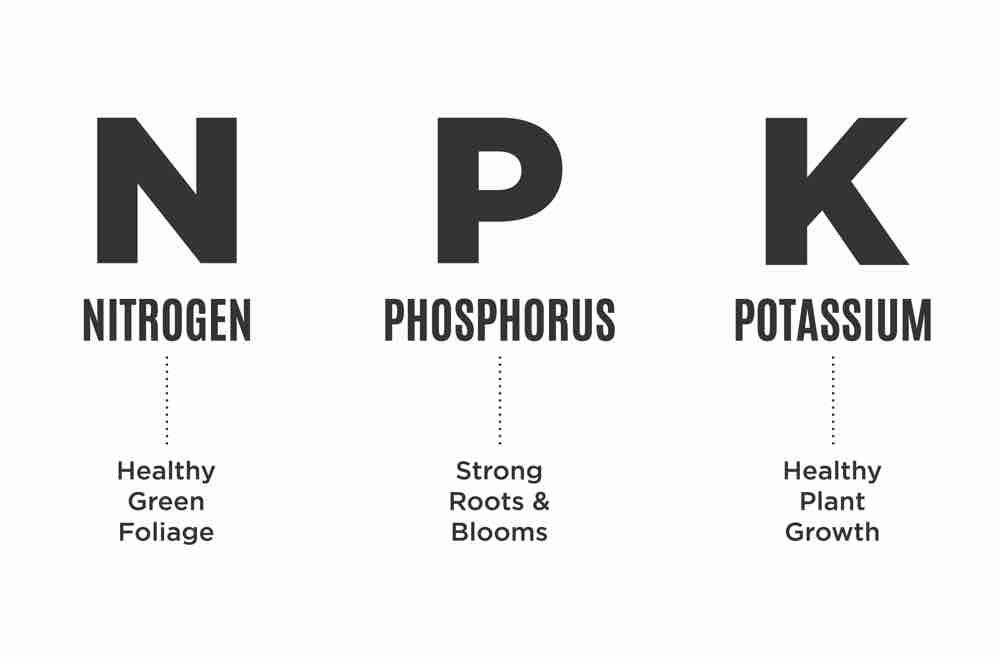
Tomato Fertilisers / Fertilizers - NPK - Nitrogen (N), Phosphorus(P), Potassium (K)
Tomato fertilizers are designed to provide essential nutrients that tomatoes need for healthy growth and high yields. Fertilizers typically contain a mix of macronutrients (nitrogen, phosphorus, potassium) and micronutrients (calcium, magnesium, sulfur, and trace elements). Understanding the role of these ingredients helps in choosing the right fertilizer for your tomato plants.

What is the Difference Between Heirloom Tomatoes and Heritage Tomatoes?
The terms heirloom and heritage tomatoes are often used interchangeably, but they have slightly different connotations, particularly in how they're commonly used.
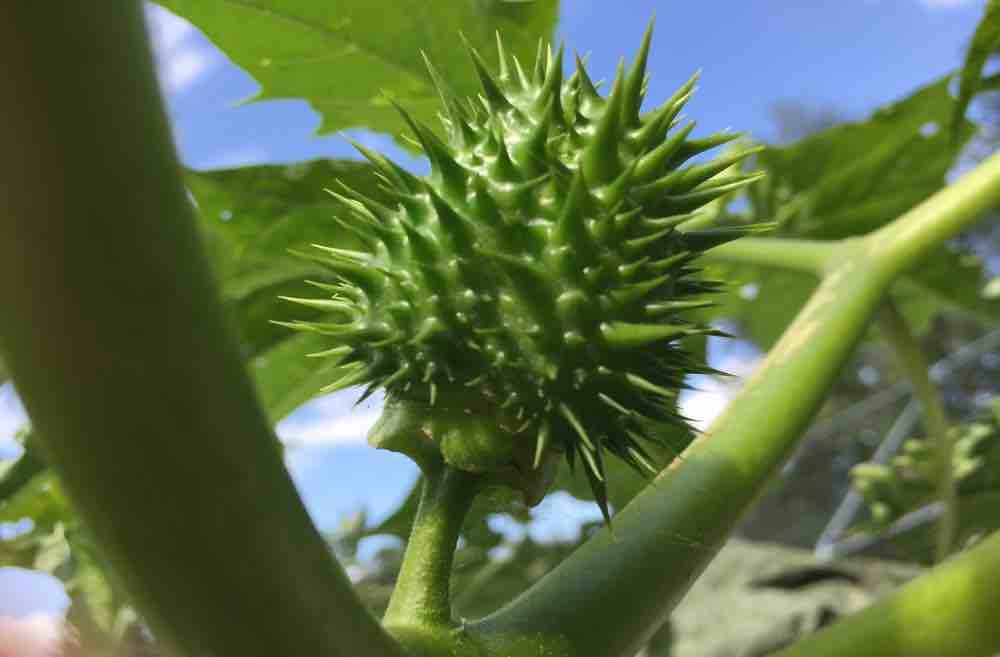
Plants: Solanaceae Family
The Solanaceae family, commonly known as the nightshade family, is a diverse and economically significant family of flowering plants. It includes a wide range of species, many of which are important in agriculture, medicine, and horticulture.

How to Measure Moisture Content of Tomato Seeds
Measuring the moisture content of tomato seeds is an important step for determining their viability and ensuring proper storage conditions. If seeds are stored with too much moisture, they are prone to mould, fungal growth, and premature germination, which can reduce their shelf life and viability. Conversely, seeds that are too dry may have reduced vigor.

Farming Innovation for Tomatoes
Innovations in tomato farming have emerged to address challenges related to sustainability, yield, and efficiency. These technologies and practices combine advanced farming techniques with modern agricultural science to enhance the production of tomatoes, often with a focus on reducing environmental impact and maximizing output.

The History of Solanum Lycopersicum
The history of solanum lycopersicum (tomato) is a story of transformation from a small wild fruit in the Andes to a global culinary staple. Its journey through time reflects the interconnectedness of cultures, the evolution of agriculture, and the ongoing quest to improve and enjoy one of the world's most beloved fruits.

Mozzarella, Tomatoes, Fresh Basil, Olive Oil and Sourdough
A dish of mozzarella, tomato, and basil on sourdough is a delicious and classic combination, often inspired by the Italian Caprese salad, but with a rustic twist by serving it on crusty sourdough bread.

Sunrise Tomatoes
Sunrise tomatoes are a unique and vibrant variety of tomatoes, known for their stunning colors and delicious taste.
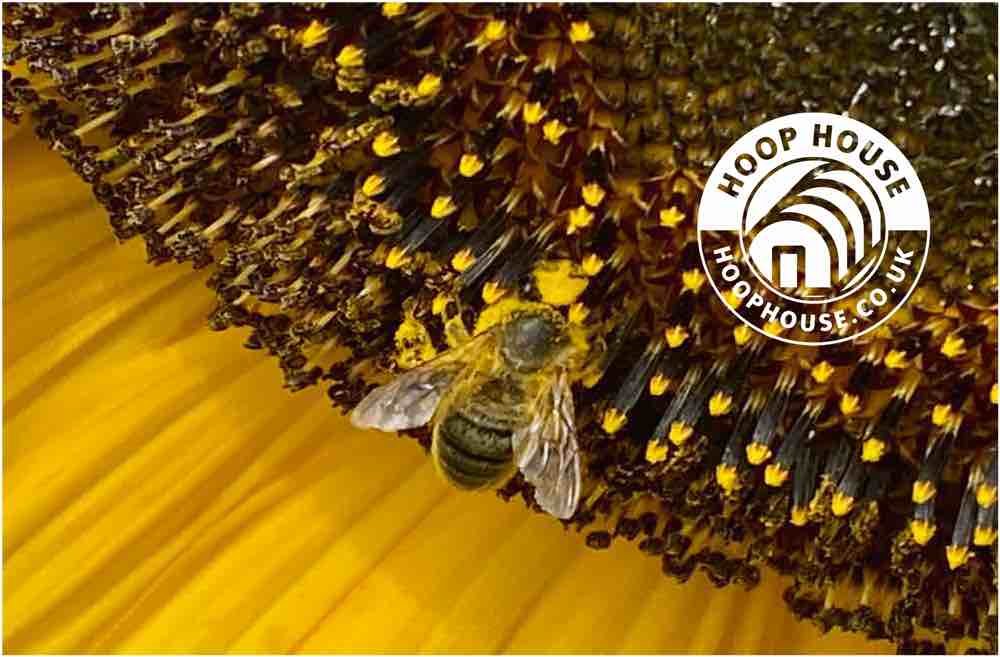
What is Vertical Farming?
Vertical farming is a modern agricultural technique that involves growing crops in stacked layers, typically in controlled indoor environments. This method maximizes the use of space and allows for farming in urban areas or other locations where horizontal land space is limited. Vertical farming can utilize various growing methods, including hydroponics, aeroponics, and traditional soil-based systems.

Chadwick Cherry Tomatoes
Chadwick Cherry tomatoes are a beloved heirloom variety known for their exceptional flavour and vigorous growth

Best Light for Tomato Plants
The best light for tomato plants, whether grown indoors or in a hoop house / polytunnel or greenhouse, should mimic natural sunlight to ensure optimal growth, fruit development, and flavour. Different types of light provide specific wavelengths that benefit tomato plants at various stages of their growth.

The Hoop House UK - Sun Protection for Tomato Plants
To protect plants from excessive sun and heat inside a polytunnel / hoop house you can use a variety of methods such as installing shade cloth, applying whitewash, improving ventilation, mulching, and using drip irrigation. The goal is to balance the amount of sunlight entering the tunnel while preventing overheating, ensuring your plants thrive under optimal conditions. By using these techniques, you can create a controlled environment where plants get the sunlight they need without being damaged by excess heat.

What is an Air Pruning Pot?
An Air Pruning Pot, is a type of plant container designed to promote healthier root growth by preventing root circling and encouraging the development of a more fibrous root system. It is commonly used in gardening, hydroponics, and other plant-growing setups.
